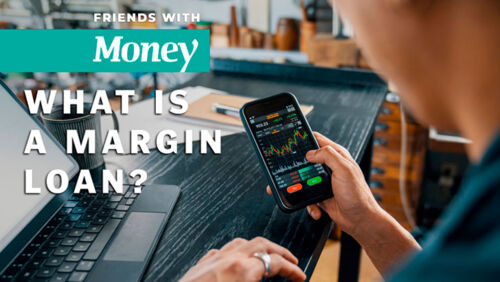When gamified investing becomes uncomfortably close to gambling
By David Thornton
The recent GameStop short-selling saga was exciting, if nothing else. Rogue traders took a bet on a highly speculative stock in hopes of making it big. However, this gamified approach, promoted by trading apps like Robinhood, can quickly turn investing into something more closely resembling gambling.
"Trading apps such as Robinhood have been designed the same way most poker machines have, in that they tap into our emotions with carefully selected colours, noises and movements to make them addictive," says Ted Richards, a behavioural economist at Six Park online investment management.
"Robinhood even provides your first stock for free, and that gamifies it by making it feel like you're playing with house money."
In fact, Robinhood's CEO Vladimir Tenev is set to testify in front of the US Congress for its involvement in the GameStop saga and the gamification of its platform.
According to a Congressional memorandum released ahead of the hearing, "some attribute the current controversy itself to 'gamification' of investing and to the increasing role that social media and technology play in capital markets".
It adds: "Gamification involves tactics used to engage customers to transact, such as increasing use of notifications, prizes, and other psychological tools and design elements to increase rapid trading and short-termism, instead of a more cautious approach. Robinhood in particular has been accused of using gamification to increase usage of its app, possibly to the financial detriment of its clients."
As the old saying goes: if you're not paying for the product, you are the product.
"The incentive framework is that the trades are free, but the reality is there's nothing for free," the report states.
These trading apps sell your data to institutions. In the case of GameStop, that would be a hedge fund like Citadel.
This is what's known as payment for order flow (PFOF).
Rather than executing the trades directly on the exchange, which charges a fee per trade, the trading app sells the trades to a wholesaler, who can execute the trade without incurring the same fee, and both the broker and the wholesaler pocket the difference.
In any case, the promotion of day trading via a gamified experience is antithetical to responsible long-term investing.
"The data suggests that 90% of day trades lose money, so it's very hard to justify gamification as something that will help your investment strategy," says Richards.
"Most day traders lose money, but people keep coming back to this well thinking they're going to get rich with this strategy."
"If you're a long-term investor, gamification becomes your enemy because you shouldn't be logging in as frequently as you do with Facebook."
Rather, proper long-term investing should be largely void of excitement.
"Some of the best investing is boring, it's about staying calm as the volatility plays out."
Get stories like this in our newsletters.



